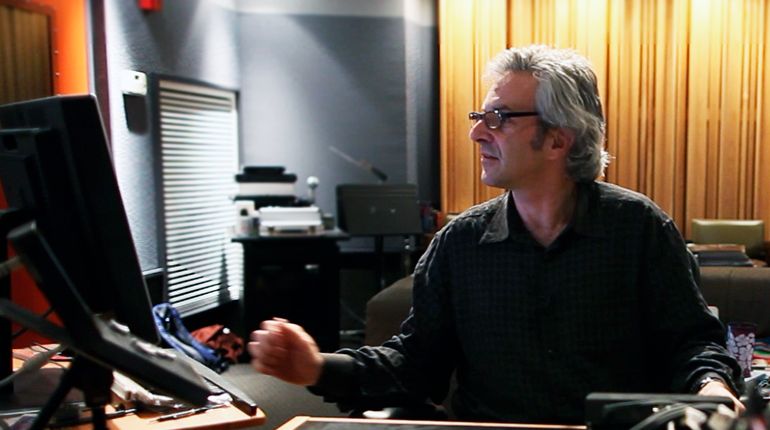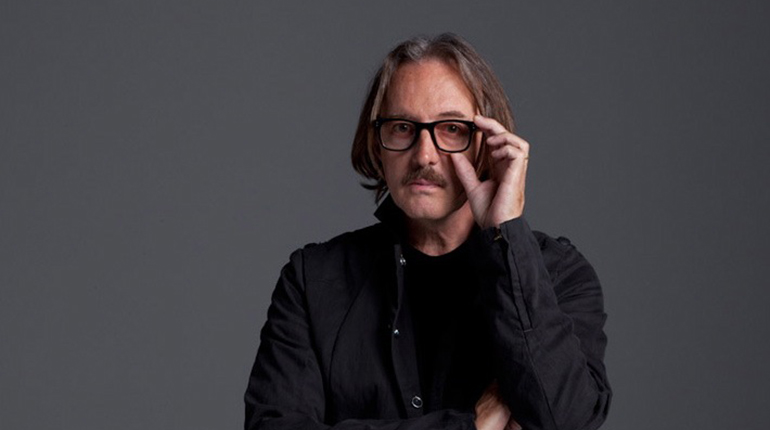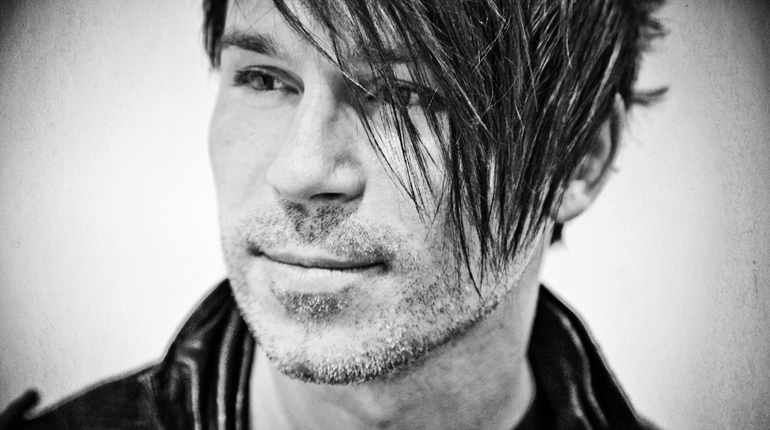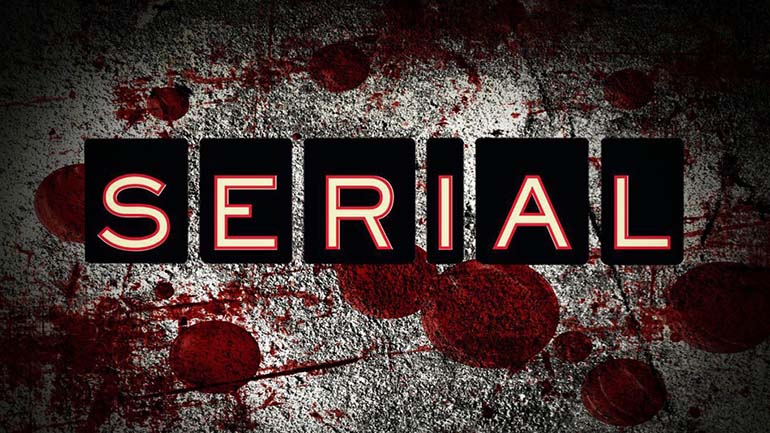
Jonathan Wyner
iZotope stopped by the M Works Mastering studio founded and run by the award-winning, GRAMMY-nominated Jonathan Wyner to learn about the art of mastering.
Mastering engineer Jonathan Wyner shares tips for setting up your mastering environment.
iZotope stopped by the M Works Mastering studio founded and run by the award-winning, GRAMMY-nominated Jonathan Wyner to learn about the art of mastering.
Over the past 25 years, Jonathan has mastered more than 5,000 CDs across every musical idiom (and some non-musical idioms as well) and has become a sought after resource for mastering education. In this video, Jonathan shares practical tips on setting up your mastering studio environment.
For more from Jonathan, his book Audio Mastering: Essential Practices is now available from Berklee Press in both hard copy and as an e-book for various platforms. The iZotope community can get a 20% discount on this book using coupon code BRK3 at Music Dispatch.
Tell us about how you got into mastering and doing the work you do today. Is that a broad enough question for you?
Oh boy, that's a big question. The simple answer is I grew up playing around with electronic equipment in the context of my music making. In the mid 70s when I was in college I found myself attracted to the old Electrocomp synthesizers and four track machines. I would play onto one tape machine and somehow mistreat the sound and put it on another one and I was just having the time of my life and thought I was making 'high art' at the time [laughs]! The combination of music making and electronics was something that always fascinated me and that was the hook for me in terms of getting involved in audio engineering.
I have a degree in French horn composition and performance. I come from a musical background. How I got involved in mastering was kind of an accident. I was doing a lot of multitrack production and engineering and also teaching in the early 80s and into the mid 80s just at the time that the compact disc was coming onto the market. Digital audio was moving into the mastering houses, that was the first place really that digital audio took hold. There were some digital multitracks dotting New York and LA and other parts of the world but by and large you would find digital gear first in the mastering studio in part because you're only dealing with two channels so the requirements of the equipment were a little less taxing. In preparing a master for CD release you HAD to make a digital master. You could use an analog mixdown tape, but it had to be converted, edited and so on. I fell into a gig working at a mastering studio and I thought, "This is cool," because I got exposure to digital audio in a way that was not likely in the multitrack studio.
I was fortunate to get that gig. It was fortunate in the sense that there weren't that many people doing digital mastering and mastering for CD and so I got to work on some high profile projects right from the get-go. It wasn't too many years before I found myself working on projects for Nirvana, David Bowie and Frank Zappa. Probably if I'd stuck to being a mix engineer I would have been competing on a much different playing field.
I find the field fascinating because of the way the mastering engineer has to be really sensitive to musical arrangement and really think like an arranger even more than the recording engineer. I am often thinking about parts of the arrangement I need to bring out in order to make the recording really effective.
So, as you answered that question, I was picturing a fifth grade classroom where the teacher asks: "what do you want to be when you grow up?" I don't think I've ever met anyone that answered, "I want to be a mastering engineer when I grow up." But it's a fascinating career choice.
I would think that kid would probably need some therapy [laughs]! If I think of that from the angle of what might be interesting about the gig, I think that maybe a mastering engineer could be compared to a sleuth. You're presented with a completed recording (kind of like the scene of the crime) and trying to find out what's already in the music and try to make that evident. Beyond that I think it's a discipline where one’s job is to get out of the way of the music. Bring out what you can, and then get out of the way and don't mess it up. So it's not like being a quarterback, it's not the kind of thing you expect a fifth grader to go after.
You've done projects where you've done digital remastering. What is the difference between mastering and re-mastering, and how do you approach working on something that you're moving into the digital domain.
To be clear you can have something released in a digital form that can be re-released in digital. It’s not just about "bringing something into the digital domain." As the technology has gotten better and you can create a better digitized version of a recording now—there can be a variety of reasons that you remaster something.
I think the obvious difference with remastering is that to some extent your work is going to be compared to the original release, and it’s important to refer back to the original. When something is released there’s a de facto assumption that it is the definitive version of that particular work, so I think it's not a good idea to completely ignore what's gone before. You want to be certain that you're making an improvement, or at least the new version isn’t worse! With a new release no one has heard it before and so you have more of a free reign with it.
There are some ethical things that come up in remastering. One example that comes to mind is when we were working on the tune “Suffragette City” by David Bowie. There was a drop out in one channel on one snare hit on one of the choruses on the original release. It had appeared in every previous version. I listened to every available master and sub-master, and even called some friends and asked them to check their vinyl copies to see if the drop out was there. It was. So now we had new technology available. It something we take for granted these days but back then having a digital editor using a computer was a brand new facility....we had the possibility of snagging a snare hit from one channel and pasting it into the other. Or with an interpolative tool we could interpolate across that several millisecond drop out. So the question arises, do you fix it or not? That is the kind of question that comes up in remastering. You need to ask yourself what part of the recording is part of the musical experience and what’s not. The analog master imparted all manner of artifacts in the original mix, hiss, non-linearities in the frequency response and dropouts. If it was a new recording of course you'd fix it because you have the possibility of making the first version as 'good' as possible. I'm not going to tell you what we did!
Tell us about M Works Mastering, here in lovely Cambridge, Massachusetts (also home of iZotope).
Or the People's Republic of Cambridge as we used to like to call it before rent control came to an end! I started M Works in 1991. I already had a number of good relationships with clients so I was fortunate to hit the ground running. I started with a pair of speakers, an amplifier, a DAW (Sonic Solutions with NoNoise at a price tag of more than $40,000!), a PCM 1630 3/4” U-matic system, a two channel EQ and reverb and a bunch of boxes. So my working environment was a far cry from what you see now.
So you started from just a single room?
I started from a single make-shift room. I walked into an office space and modified it as much as I could and as much as I could afford. Ten years ago we moved into this space. These rooms were designed by George Augsburger, and they were purpose built and designed from the ground up. So we were able to finally have the quality of a facility I felt was what we really needed to do the level of work I wanted to do.
So what else changed for you as far as the technology. Is your job easier now because of the technology?
In almost every respect. Probably the only thing that's more difficult about it is that it's so easy to copy data and we naturally generate a lot more media. When I first started, archival meant you made one tape copy. Now just on this machine I have a 500 GB hard drive where I can store hundreds of projects. So archival is a bit more complicated. But in almost every other respect computer technology has helped with cataloging, editing, and repeatability. To a large extent digital technology has given us tools to made audio better. The A to D converters we have now are just remarkable compared to what we had 20 years ago. The stable time base and extended dynamic range available now is fantastic and there are some beautiful, beautiful sounding recordings now that you couldn't make 30 years ago.
I'm sure it's very different from that first studio you were working in that was just at the cusp of digital technology taking off.
Very different. Absolutely. Working with some of the earlier digital systems felt a little bit like a cross between working around a house of cards and working around unsheathed razorblades. It was uncomfortable and a bit frightening at times! Sometimes we'd be making masters on 3/4 inch U-matic tape and so you'd sit there for an hour recording an hour long master. Then you'd check it and pray like hell that the tape manufacturer had made a tape that would actually play properly. Then you'd pray that the tape survived shipping. And if it didn't you'd have to go back to the beginning and go all the way through it again. We can be a lot more productive now.
As an aside, there’s a bit of a double-edged-sword to the ease and speed of digital data transfer available now. Now you can burn an hour long program in four minutes and never listen to the data coming off of the hard drive to the disc, and never listen to the disc (or file) and assume all is well. It’s just so quick and easy—and perilous. But in general the technology is amazing now.
To segue from that, tell us a little about how you've been using RX.
I think I want to preface my answer by saying that one of my goals whenever I'm making a master or producing a recording is to leave in all of the program material that allows the listener to connect to a recording, and get rid of anything that might get in the way of that. So RX is designed as a noise removal tool that can assist in getting rid of the disconnect. In the course of many, many projects whether older projects or newer projects, there is some sound present that just doesn't need to be there. It either doesn't have a musical value to it and it doesn't help create a setting or sense of ambiance that engages the listener. Rather it interrupts the experience. It could be hiss or broadband noise, or a chair squeak, cough, click or pop in a recording that doesn't need to be there. At the risk of sounding like an ad, it's just so easy to get rid of that stuff with iZotope RX. And clients really love that, they think it's like magic. When you can take out something they thought they would have to accept and live with—it's like a scar on their child or something like that. they are so grateful!
So you're playing God is what you're saying!
You're the plastic surgeon, you're the psychotherapist, you're everything!
There are a few things in particular that have come up recently that I've been able to do with RX that I couldn't do before. One was repairing a choral recording. An issue of great import in choral performance is the ensemble, and consonants are the bane of a choral director's existence. You get to the end of a word where there's a "t" and suddenly there are 15 different t's. S's are much the same way. Until a tool like RX came along a brute-force edit might be our only solution for closing up consonants that weren't quite together. Sometimes it would work, sometimes it wouldn't. Now with the Spectral Repair tool I've been able to actually go in and take out energy in a part of the spectrum to remove the early S and make the recording sound better and tighter. You know, before, a recording like that might have gone out and everyone might appreciate it and say, "Wow that's great, that's beautiful." Now it’s as if we can elevate the performance or the art to a higher level by removing some incidental flaws without changing the musical values. That was really exciting to me and to the choral director.
In a not-dissimilar vein, I produced a recording by a young artist named Matt Savage, a 15-year-old jazz-savant composer and pianist. He was leading his trio which consists of piano, bass and drums. We were recording live performances in an beautiful ambient hall so we needed to get the mics pretty close to the instruments. The bass player in the heat of the moment would sometimes pluck his strings hard, and in many cases there was a plectrum noise that would happen where the string would hit the fingerboard of the bass. I was able to use the Spectral Repair tool not just to remove the clicks, but also to modify them. At times where it felt like a strong attack might have a little bit of a click or a hard component to it I could leave enough of it in so it would still be convincing.
So not totally removing the sounds, just toning them down.
Not totally removing them, and having the adjustability in terms of what part of the spectrum and how much of the interpolation to employ, made it the perfect tool. Again, in the past there might have been a brute-force tool I could have used that might have worked or might not have worked, but with RX I feel as if I have the possibility of fixing as much as I want to. It seems there is no limit in terms of the effect I'm able to achieve with RX.
We've talked before about the mastering engineer as a musician. It seems like having tools like this at your disposal allows you to do what you imagine doing rather than living with what you have.
I think that's a great point. I think that the fact that you can work in just a part of the spectrum means that the tool is a more musical tool and I can achieve a more musical result. It becomes more like an instrument in the way it allows greater nuance. There are times that I feel like I'm painting with it—I can modify the color of the sound just a little bit and my work becomes even more artistic as a result. That's just one of the great things about RX.


